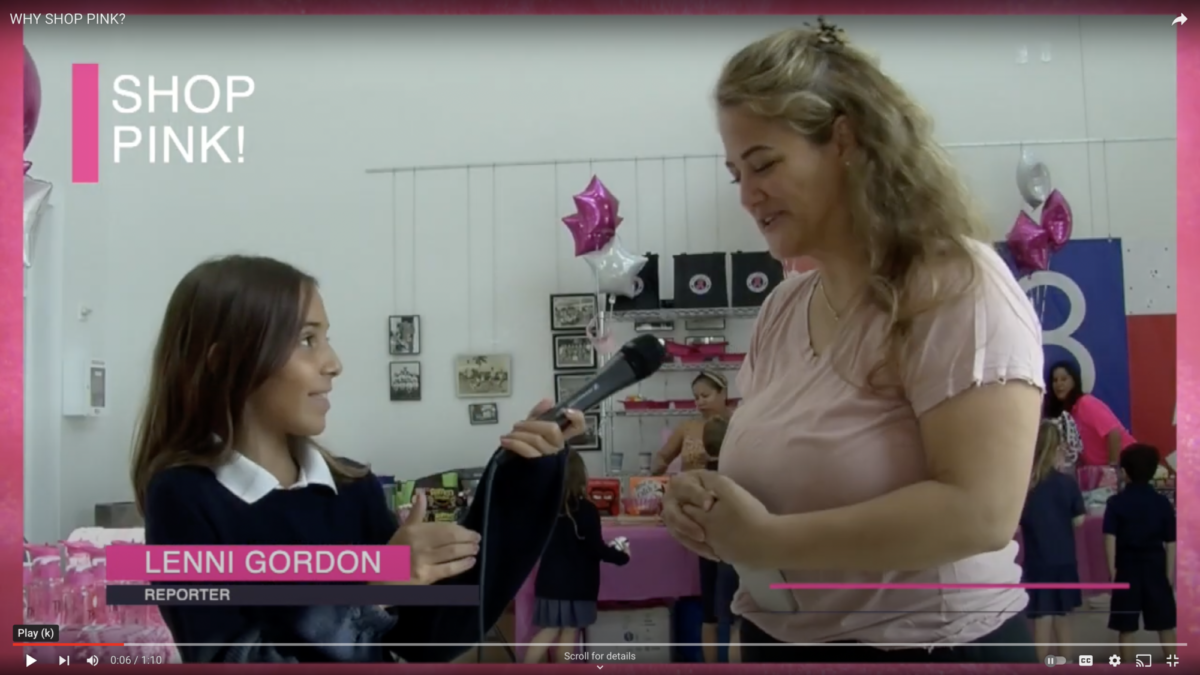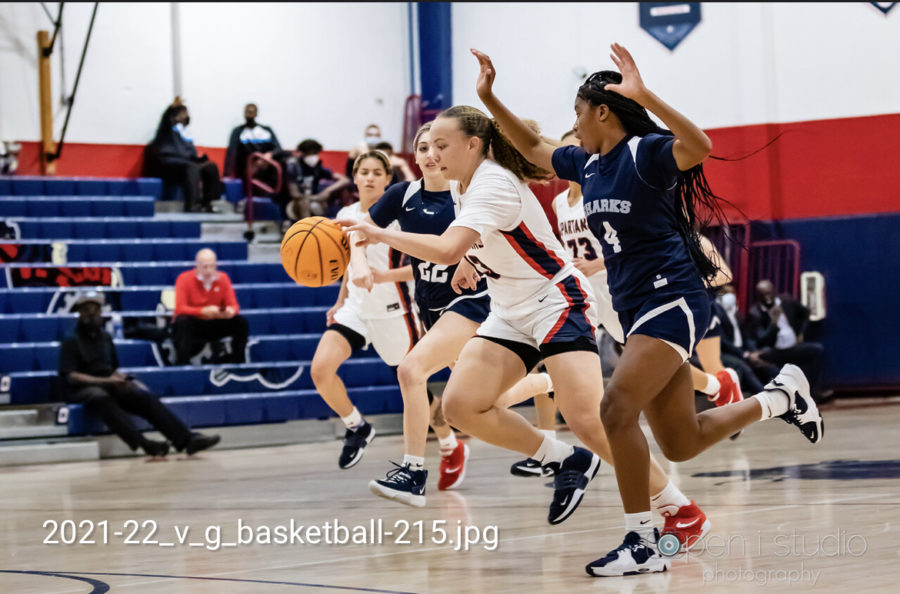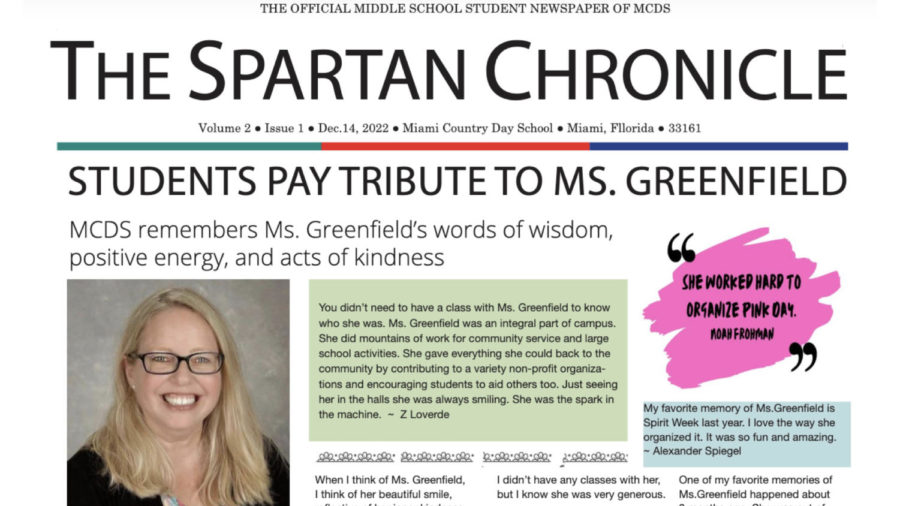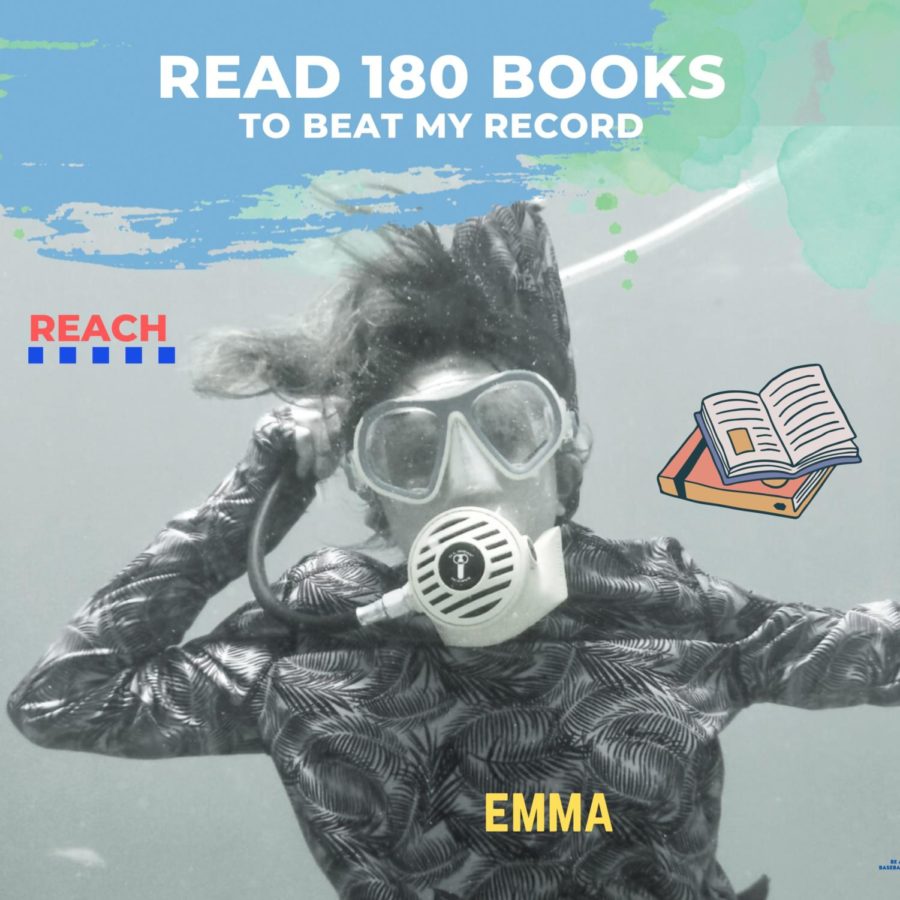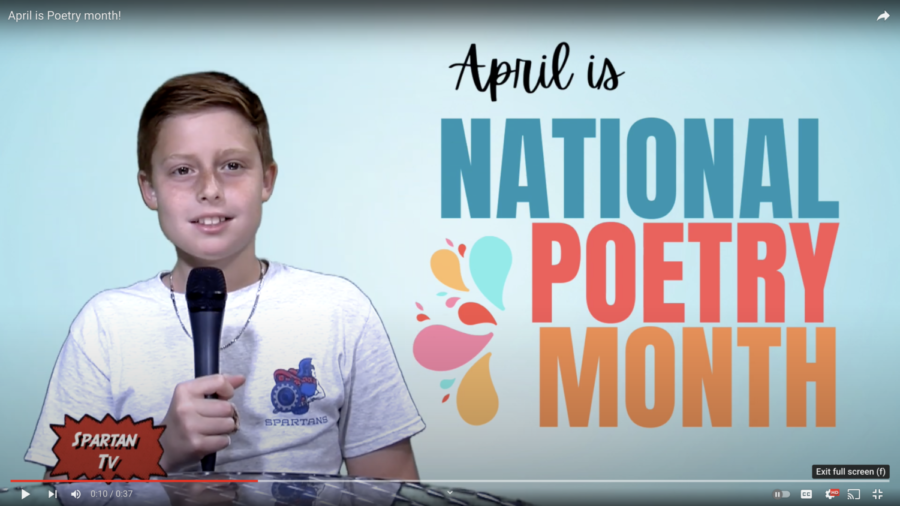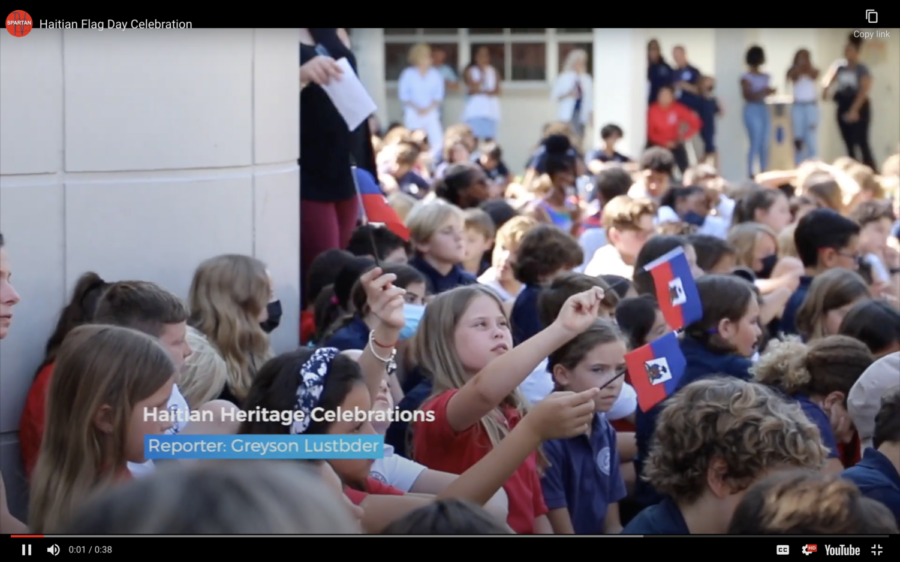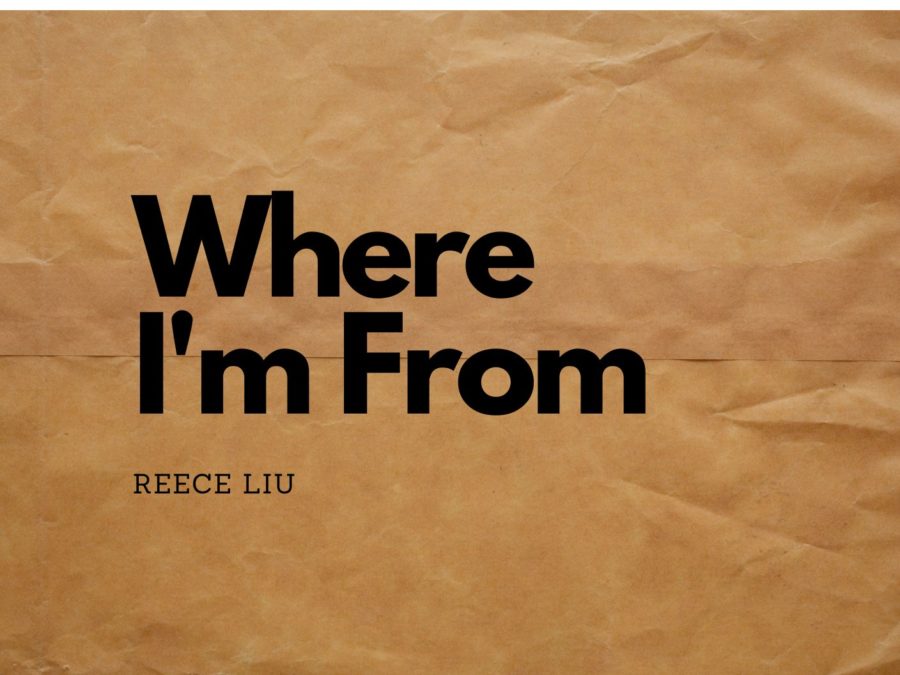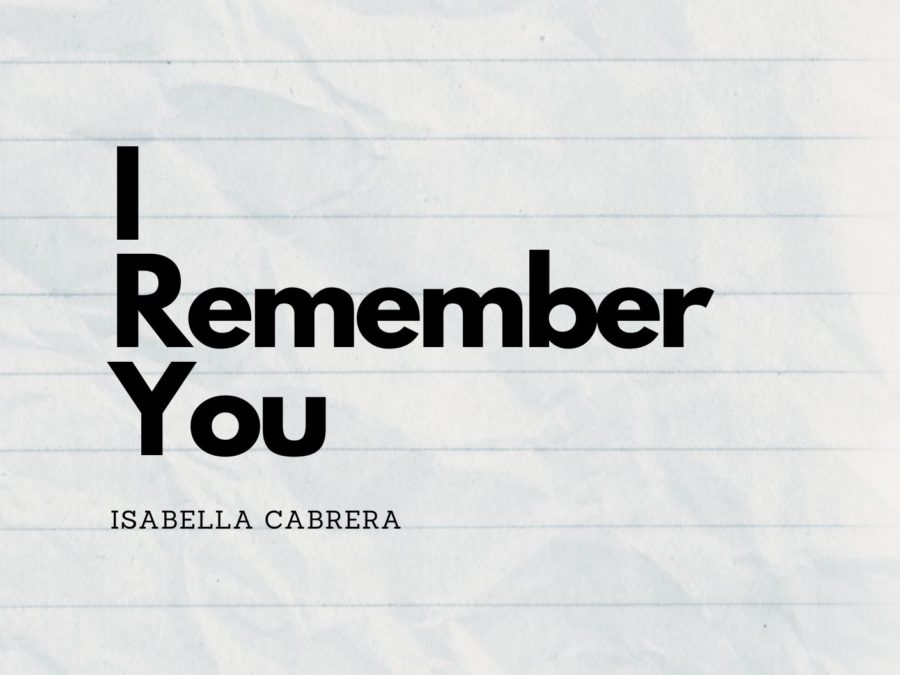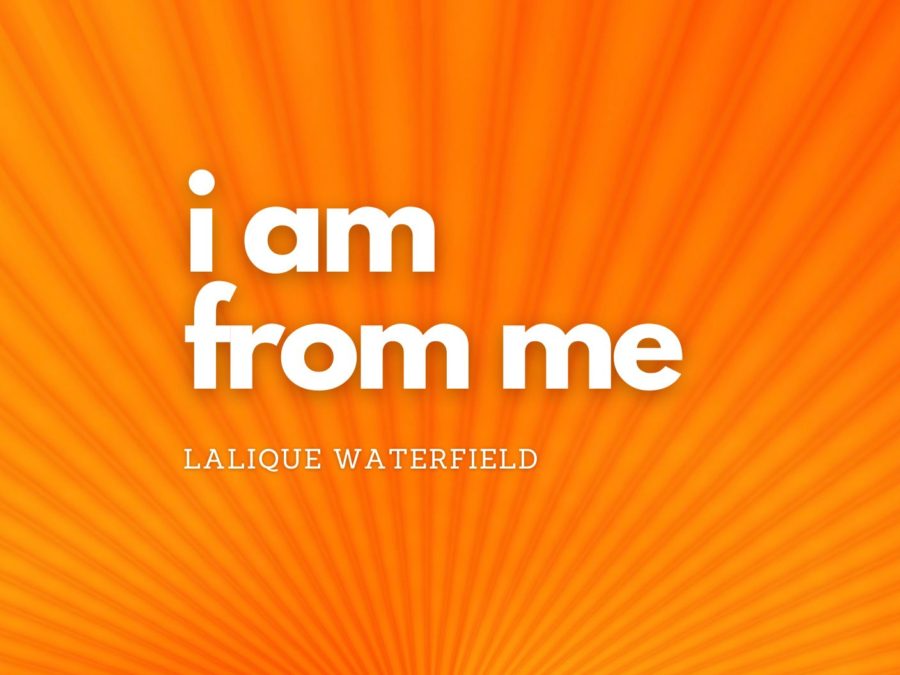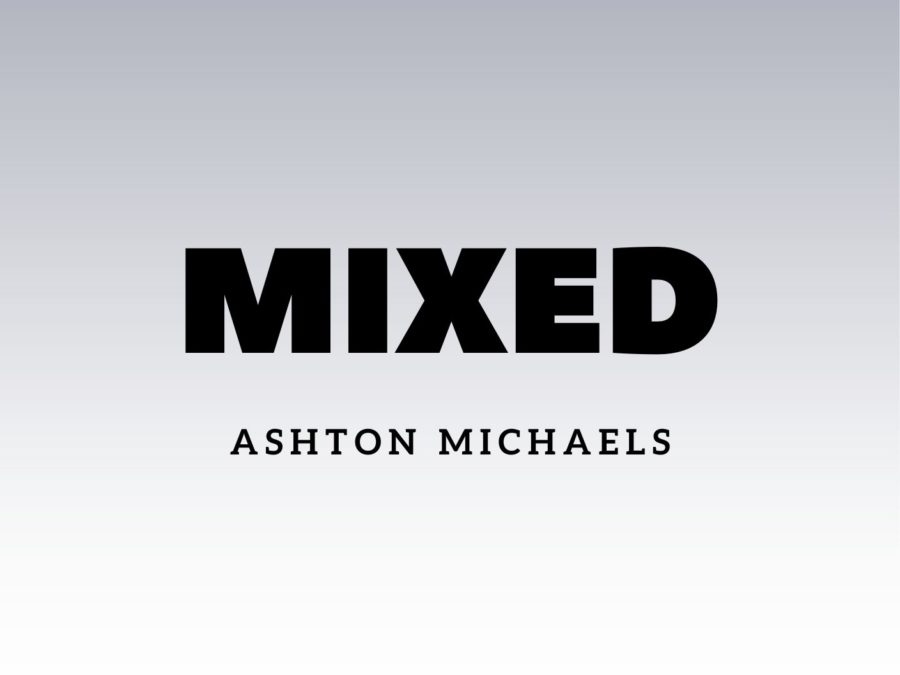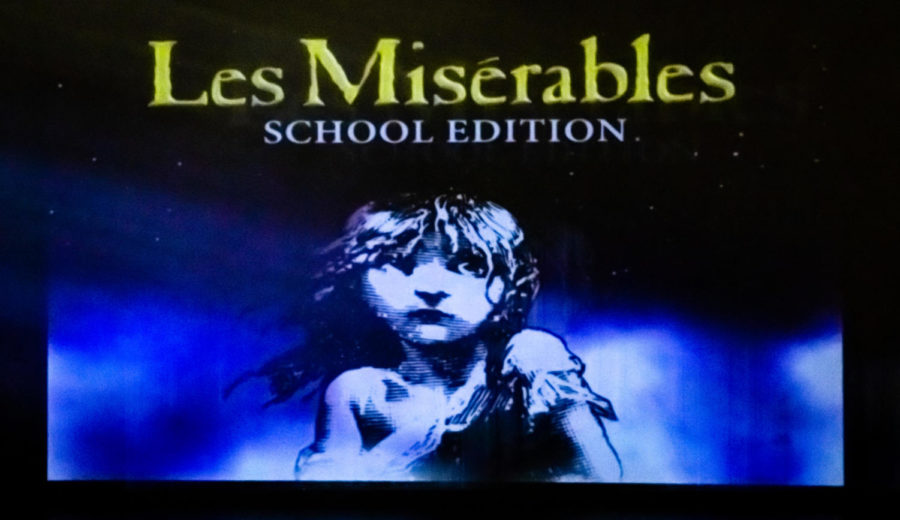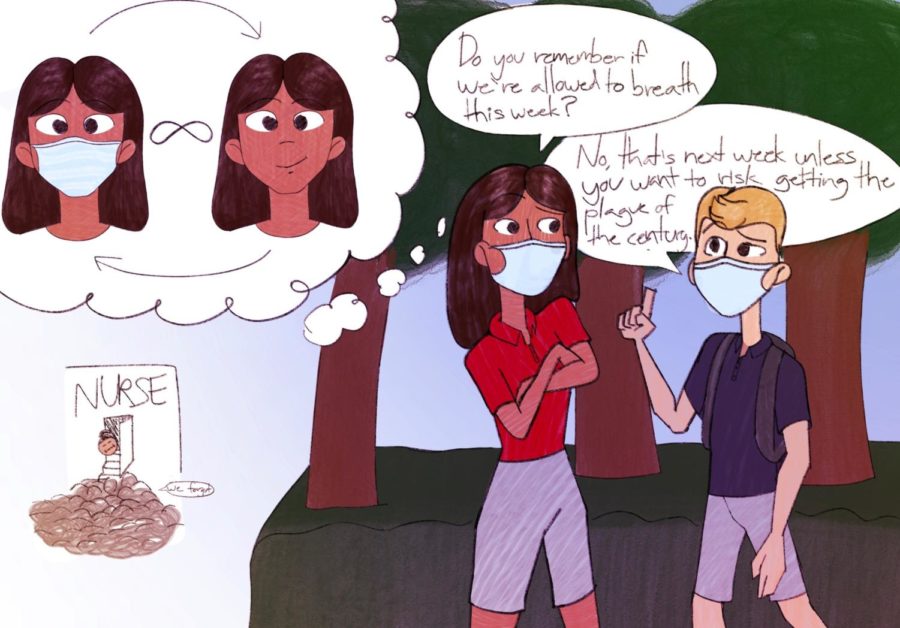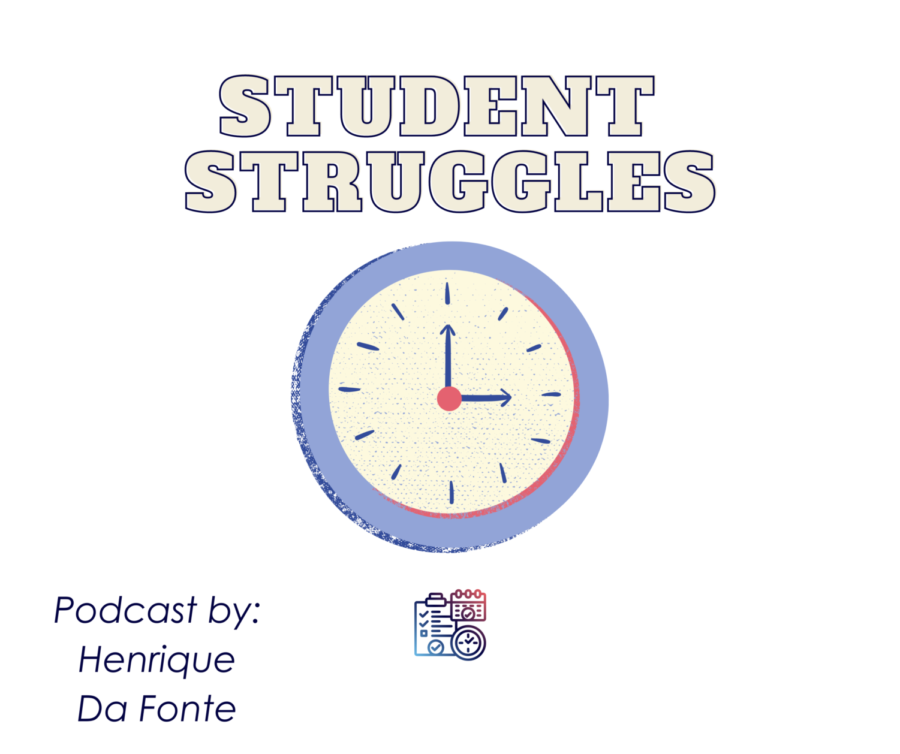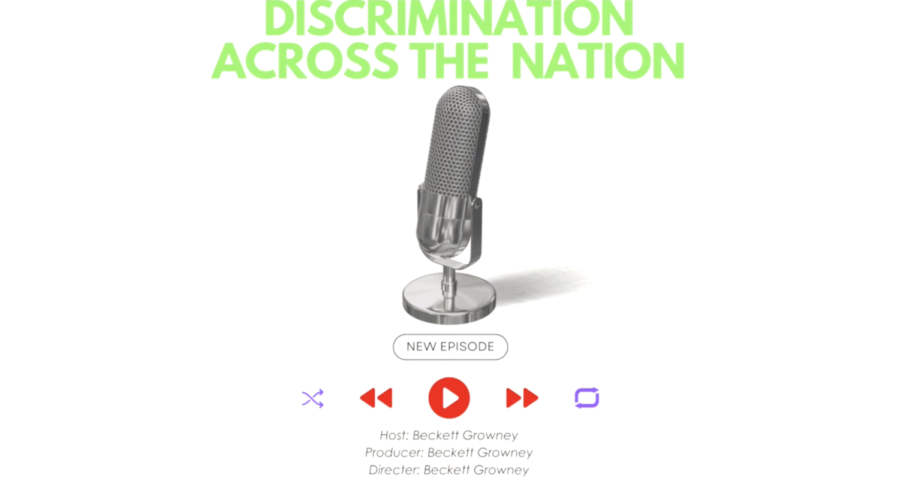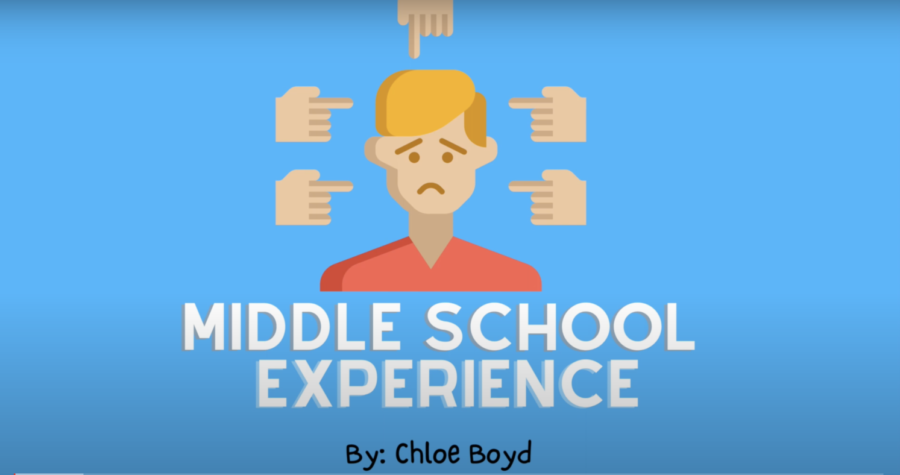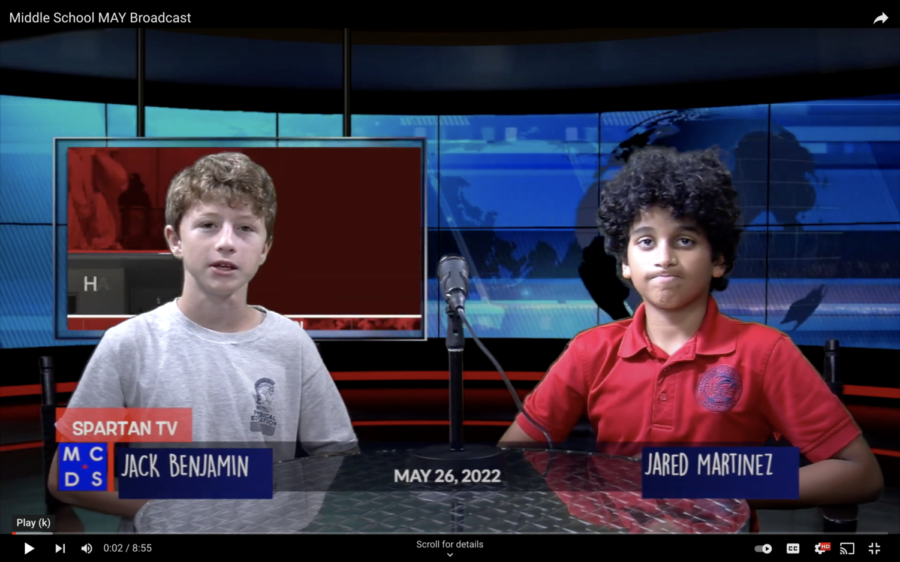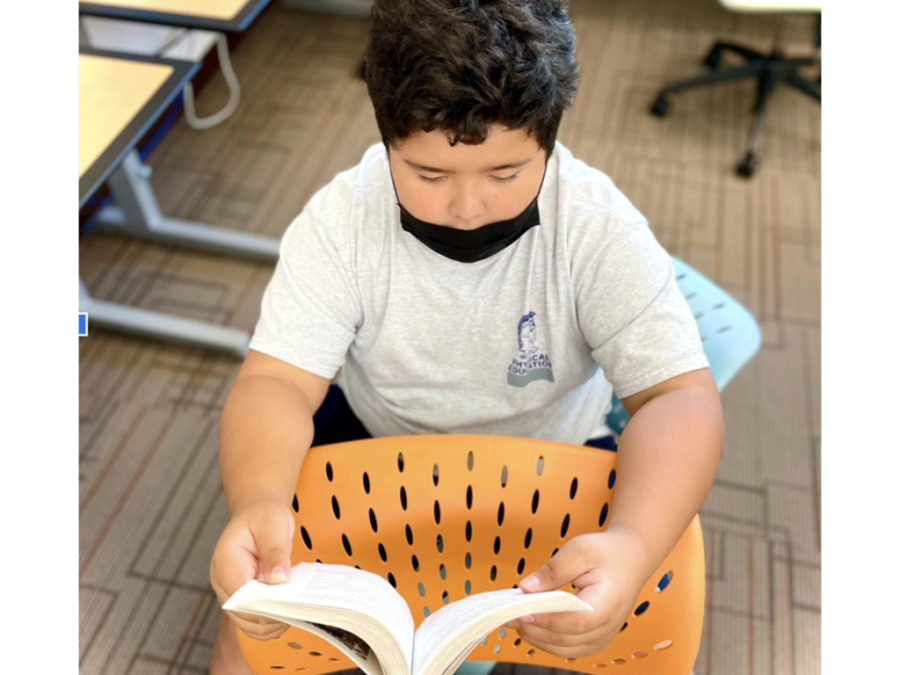Let’s change the million word gap
The pros, cons, and possibilities
January 4, 2022
Stumbling into literary lands are required excursions each and every student must make at Miami Country Day School over the summer and throughout the course of the school year. Reading is a good form of recreation for some people, but some find the activity to be difficult to pick up on. Reading, without a doubt, has its pros and cons. Throughout the proceedings of this article we’ll be covering both the pros and cons of reading outside of school and why it should be a common practice and why children should start developing a passion for reading early on in life.
Pros
As many of you fellow readers may already know, reading has its perks! You’re reading the words on this page right now! Reading has the ability to improve imagination and creativity because of the way that reading affects the right side of the brain. Reading can help improve brain function and connectivity with the brain. A study done in 2019 shows that 24% of Americans haven’t read a single book in the past year. That’s about 1/4 of the American population that’s missing out on an opportunity to expand on their vocabulary, imagination, intellect, and the way that they process information. A child who has been actively reading for several years compared to a child who rarely reads can have a vocabulary difference ranging from 100,000 words to 1,000,000 words by the time they are 5 years old. “Kids who hear more vocabulary words are going to be better prepared to see those words in print when they enter school,” said Logan, a member of Ohio State’s Crane Center for Early Childhood Research and Policy.
- Reading can reduce stress when it is for recreational purposes.
- It makes the way you process information function at a faster rate.
- It expands vocabulary on an exponential level.
- It can be a source of comfort, and can bring upon a sense of relaxation and serenity.
Cons
Under certain circumstances, for example, when a student who hasn’t developed as much of a hunger for reading is required to read certain books for classes, reading can actually induce stress and anxiety. Some students find it difficult to focus when reading for classes and/or in general. When a person isn’t introduced to reading at an early age they lack the desire to read more. Finding a good book that you really love is a long stream process as there are millions upon millions of books out there, some of which you may love, and some of which you may hold a strong disdain for. When you can’t find a source of literature to appreciate you may not believe that there are any books you can like and may struggle finding an appealing read. When reading is required it’s not too likely that a student will immediately love the book that has been pre-selected for them. In fact, it is even more likely that they will not find interest in the book or at least the same interest that their teacher may see in it. Being required to read a book can have several effects, but 2 examples of said effects might be 1. The book might interest the students and may encourage them to read more books like that one. Or 2. They may dislike the book and because of that distaste for that particular book may feel a recurring sense of discomfort upon being required to read a pre-selected book for class. If children begin developing reading skills at an early age they most likely will not have as much trouble when reading for a class or any other activity because they already know that reading can be fun.
- Reading can (under certain circumstances) be a source of stress.
- Reading can at times be difficult to focus on.
In my opinion, reading is a great source of recreation. It is a very enjoyable pastime and a reliable source of information. The earlier in life you start reading the better for you because depending on when you start, it’ll give you a head start academically. Once you start reading a book that you really enjoy it can sort of trigger something inside you that makes you want to explore and read even more. Last year, during the 2nd semester, I set a goal for myself to read a large abundance of chapters of as many books as I pleased within the year. I counted each and every chapter of each and every book and e-book individually and within the 2nd semester of the school year I achieved my goal. By the end of that I’d heard my friends tell me that I now spoke differently and they’d sometimes ask why I used such extravagant language in our conversations now. I believe that this may have been a result of my reading. Not only did I speak differently, the way I’d write also changed a lot too. Now that I think about it, when I did that I was only reading in 1 language, English. Imagine how much more I could have learned if I’d read books in different languages!
Possibilities
If parents read to their children on a regular basis then when they become old enough to go into school their children will have already been exposed to several different books. If you as a parent can teach your child to love reading early on in life then they will have less problems getting engaged reading for classes or anything else that requires reading. There is a chance of a 1 million word difference among children’s vocabulary. We can have many more children learn much more. They can learn millions more if we are able to teach them to love to learn. We can help them learn literally millions more.


